This week’s post is about some of the standout books that I read this year - the messages that landed, the ideas they sparked and who I think would enjoy reading the full book.
Note: these are not all books published in 2024, but books I read and discovered this year.
I’m also looking for book recommendations for the Christmas break 🎄. If a standout book has shaped your thinking on leadership or growth this year, I’d love to hear about it.
Welcoming all parts of you
One of the first books I read this year was No Bad Parts - by Richard C. Schwartz.
The book introduces the theory of IFS (Internal Family Systems), which suggests we’re made up of distinct parts—inner voices that contribute in different ways to our lives. It has a particular focus on understanding the critical, negative or fearful parts.
You might have heard this idea of “silencing the inner critic” or ignoring the inner critic. This book, and IFS in general, suggests quite a different approach - listening to the inner critic and then making a measured decision on how to move forward.
When you ignore a person, they tend to shout louder. The same often goes for those critical parts of ourselves. Ignoring them doesn’t lead to a calmer, clearer mindset.
“We often find that the harder we try to get rid of emotions and thoughts, the stronger they become”
— Dr Richard C. Schwartz
This book has given me an incredibly helpful mental model to explore making decisions, to understand my different emotional reactions to a situation and to be more curious about why I might feel resistant towards certain changes.
This book is for you if you’re deeply curious about your mind and want to learn from someone with strong credentials - Richard Schwartz is on the faculty at Harvard Medical School and has been a psychotherapist for many years. It’s not a holiday read but has been described as “One of the most innovative, comprehensive and transformational therapies to have emerged in the present century” by Dr Gabor Mate.
How you are in conflict matters more than what you say
About four years ago, my thinking on difficult conversations focused heavily on what to say—crafting feedback carefully, practising scripts, and choosing the perfect words. Over time, I’ve learned that how you show up matters more than the words you say.
This year I read The Anatomy of Peace - by the Arbinger Institute which landed a key message for me - that your mindset and intentions in conflict shape the outcome more than the specific words you use. Showing up with honesty, openness, and a genuine desire to engage leads to far more productive conversations than sticking to a rehearsed framework.
With clients, I now focus less on scripting and more on questions like:
What’s your intent with this conversation?
Who do you want to be in this moment?
What environment are you creating for the other person?
Whether you’re sharing tough feedback, setting boundaries, or letting someone go, it’s how you are in the conversation— clear, honest, and open—that matters most.
“In every moment...we choose to see others either as people like ourselves or as objects. They either count like we do or they don't.”
— Arbinger Institute, The Anatomy of Peace
This book is for you if you enjoy storytelling as a way of landing important messages, the key messages in the book are told by stories. It’s for anyone who is looking to move beyond frameworks of communication, and into a much deeper exploration.
Strengths are more than what you do
Strengths are often thought of as what you do. For instance, as a leader, you might excel at storytelling or strategic thinking. But recently, I’ve been reflecting on a broader view of strengths: who you are, what you do, and what you know.
This idea came from a book I read recently - New Happy by Stephanie Harrison - which framed strengths as being across three dimensions:
Who you are: Your values, character, and presence—how you show up for others.
What you do: Your skills, expertise, and day-to-day actions.
What you know: Your unique experiences, insights, and perspective.
For instance, as a leader, your storytelling and communication skills might reflect a “what you do” strength. But your ability to show up authentically (who you are) and the wisdom from your lived experiences (what you know) are equally impactful.
I’m really excited about using this to help clients more holistically define their strengths, frame 360 feedback, and set goals.
New Happy is much more than this insight, it’s a well-researched book about all we know and understand about what makes us happy as humans. It’s full of relatable stories and suggested reflections. It’s a book for anyone who enjoys questioning whether they’re working towards the right goals and objectives.
When it gets hard, go to gratitude
Gratitude is not a new concept to me, but I’ve started to listen to the Art of Accomplishment (AoA) podcast this year and the co-host Joe Hudson talks about gratitude a lot.
Gratitude is probably not a new concept to you too - and it can feel annoying when it’s forced on you or when it’s used to ignore the hard moments in life. I found the AoA podcast to be the best at exploring the true value of gratitude, accepting that it is hard to do, talking about the downsides and reminding us why gratitude is consistently linked to positive outcomes in research.
Reconnecting with this simple concept came at just the right time for me. At the end of the summer, I tore the cartilage under my kneecap and ended up needing knee surgery. Life changed from training for a 30-mile trail race to celebrating walking to the park gate. In a situation like this, it’s so easy to slip down a path of “it’s not fair, why me?” or to overfocus on everything I couldn’t do or feel bitter.
Gratitude for me was noticing all the good in my life - the friends who sent cards and flowers, the friends who turned up to go on crutch walks, my mum & Pete for endless lifts to go places, the amazing care I received, the space my work gives me to heal and rest, having the time to take Spanish lessons, the empathy and understanding these months have given me for people going through health challenges, and the immense gratitude for how many adventures my body has - and will continue to - take me on.
It’s not easy to practice gratitude in those moments. But it’s the single consistent practice that helps me notice everything good in my life, rather than everything that could be better.
“Gratitude changes your outlook, which changes your life.”
— Joe Hudson
The AoA podcast always gets me thinking deeply about how I interact with the world, it’s a morning walk favourite. 😊 It’s for anyone who enjoys exploring topics like - anger, community, gratitude, fear, and connection - with a couple of smart, wise co-hosts who create a space for scepticism.
Here is the episode on Gratitude to get you started.
The freedom of savings
Earlier this year, a friend recommended a book —The Psychology of Money by Morgan Housel. One insight stuck with me: "It’s not about who earns more; it’s about who saves more."
This idea solidified some decisions I’d been wrestling with: not maxing out a mortgage, finding a “happy” level of income (which turned out to be lower than I’d assumed), and staying motivated to save in a world that constantly nudges us to spend more.
A lot of the messages in the book were ideas I’d been thinking about already, and discussing with a few friends, but seeing those thoughts articulately and eloquently explained does a lot to build your own conviction.
The book helped me articulate why prioritising saving over spending matters: savings offer something intangible yet invaluable—the ability to make choices. Whether that’s taking a day off, starting a new venture, or weathering unexpected events.
“Using your money to buy time and options has a lifestyle benefit few luxury goods can compete with.”
― Morgan Housel
The book talks about the endless pull to spend your money in the present that stops us from having true options and freedom. It’s a must-read for anyone - you might not agree with everything in there, but I’m sure you’ll agree by the end that a lot of our decisions around money are more emotionally driven than logically driven.
What sparked your interest?
I hope you enjoyed this book review and the themes I’ve been reflecting on throughout 2024.
Here are all the recommendations in one place:
What sparked your interest?
I hope you all have a wonderful break over the holidays.
As always, thanks for being here!
Flora
I coach ambitious CPOs at growth-stage companies. You can read more about my work and get in touch here.





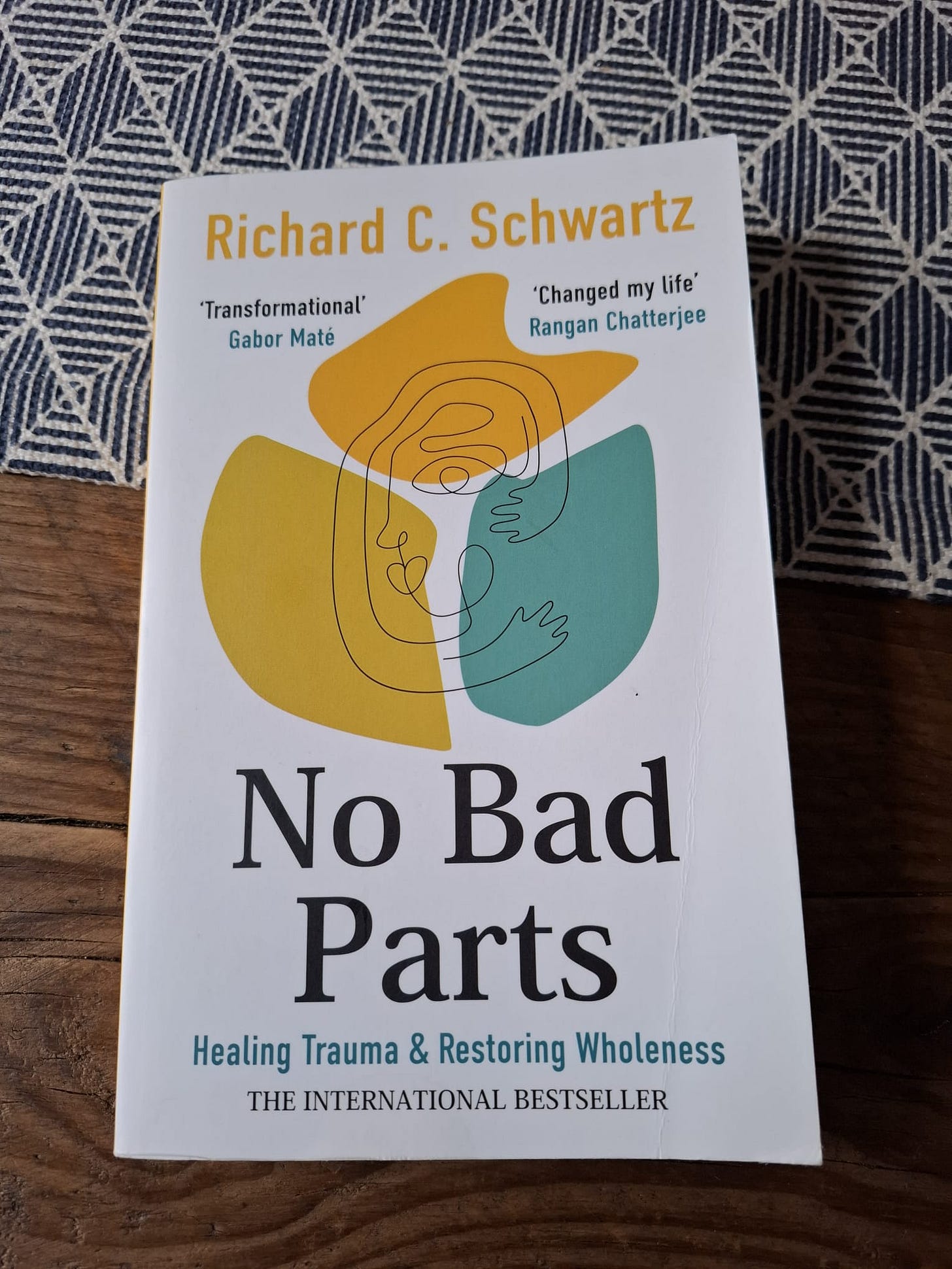
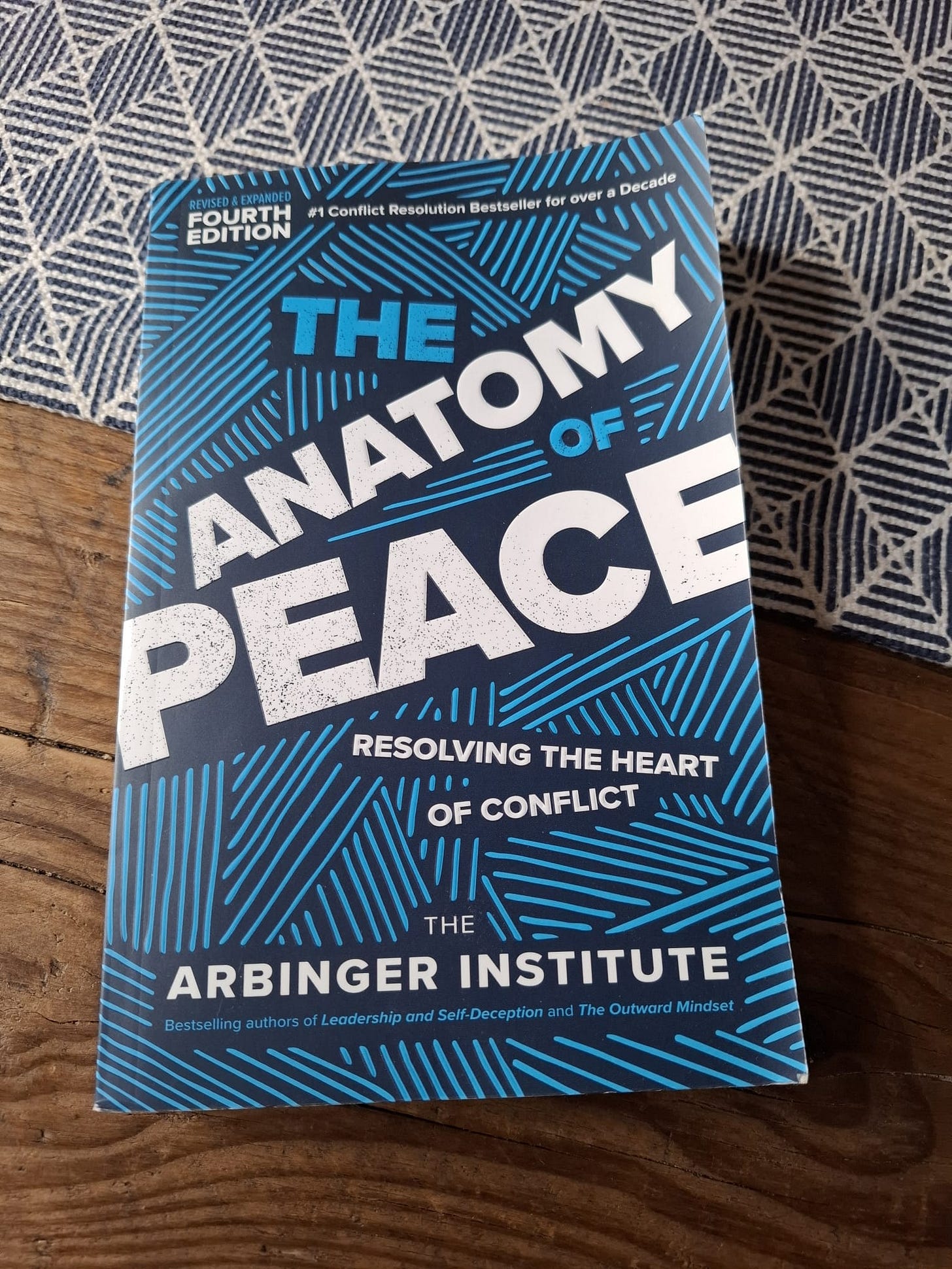
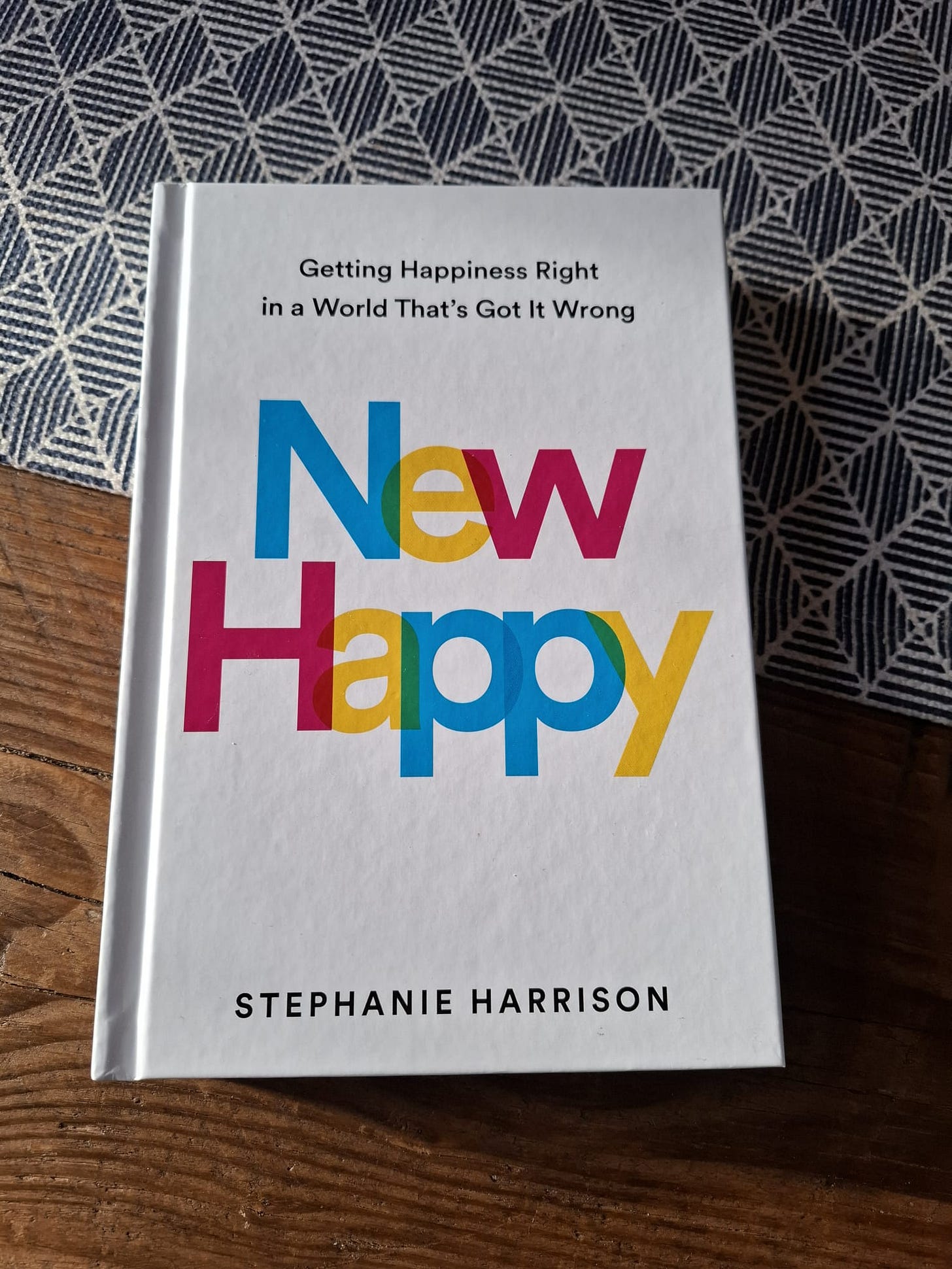
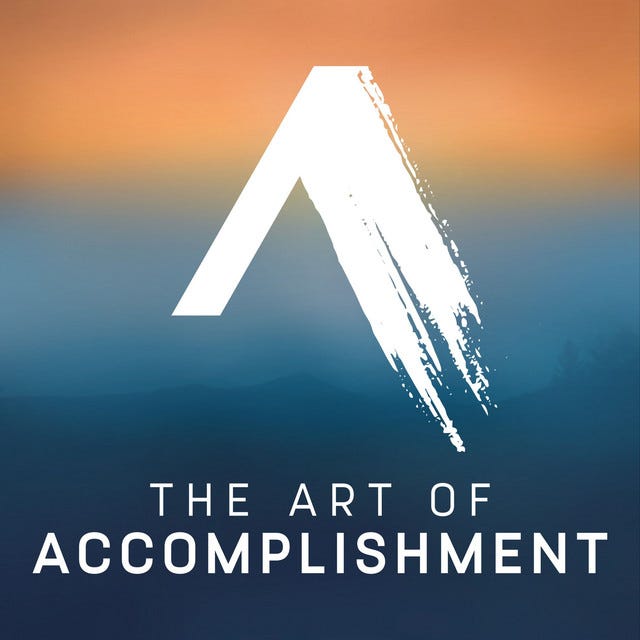
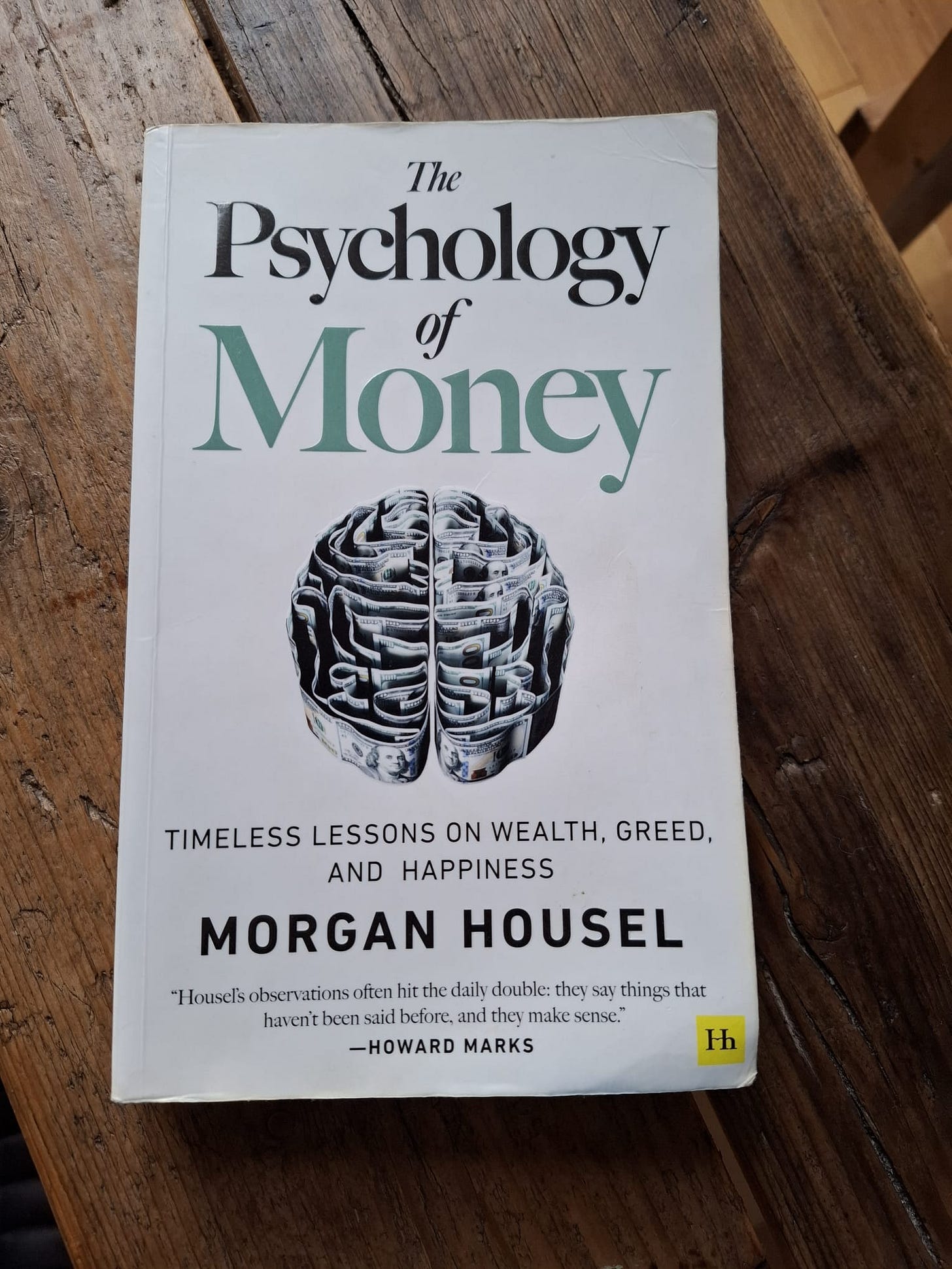
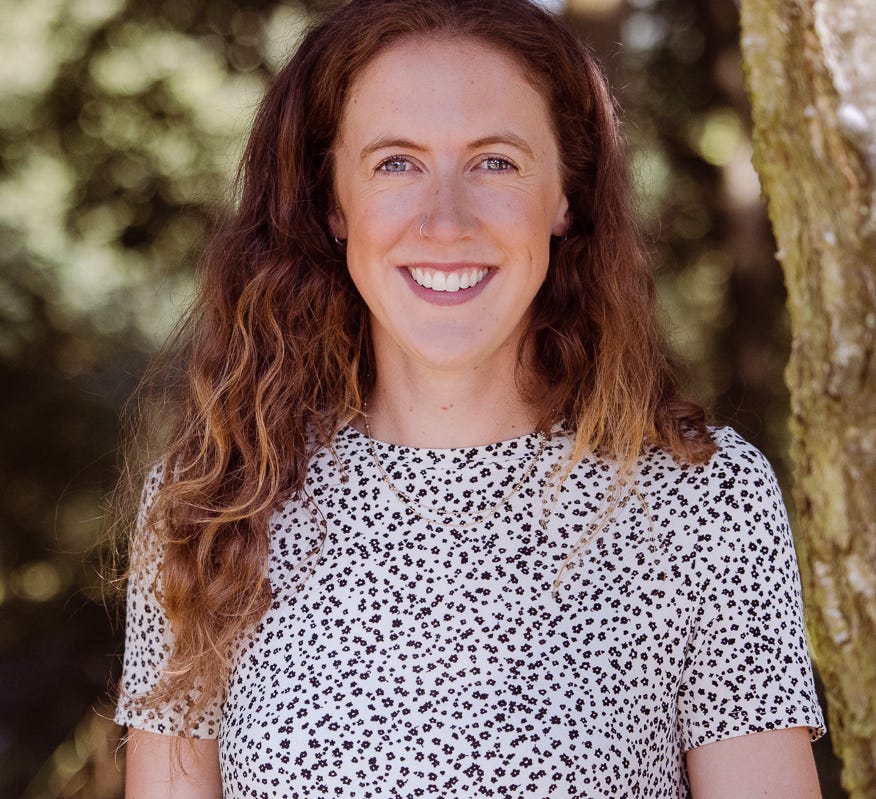
Very useful thanks Flora!